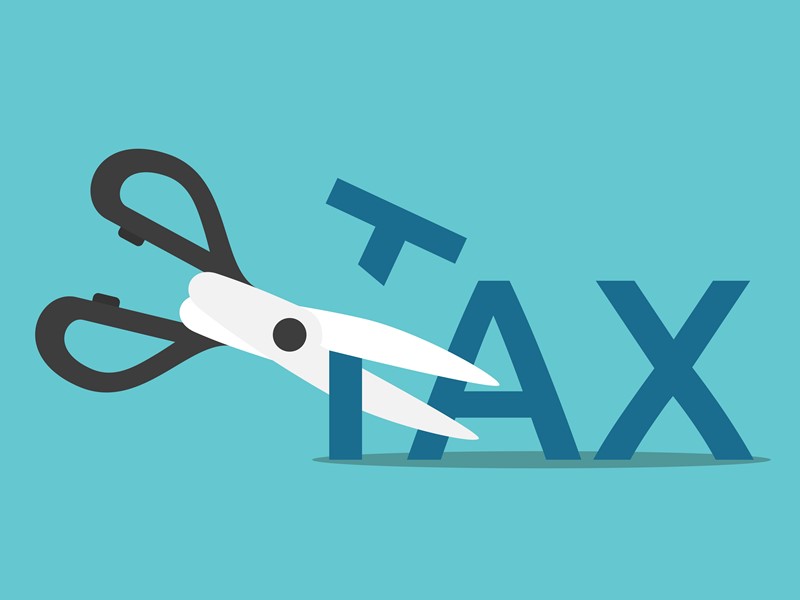A number of business tax cuts came into effect from April 2022. This includes an increase in the Employment Allowance from £4,000 to £5,000.
The allowance enables eligible employers to reduce their National Insurance liability. An employer can claim less than the maximum if this covers their total Class 1 NIC bill. This increase represents a tax boost for around 495,000 small businesses who can claim an increased reduction in their NIC liabilities or even reduce their bills to zero.
The Employment Allowance is only available to employers with employer NIC liabilities of under £100,000 in the previous tax year. Connected employers or those with multiple PAYE schemes will have their contributions aggregated to assess eligibility for the allowance.
A news release from HM Treasury also highlighted a number of other measures on offer to spur business growth, including:
- A new 50% business rates relief worth almost £1.7 billion, for eligible high street businesses, subject to a £110,000 cash cap per business.
- A freeze to the business rates multiplier worth £4.6 billion over the next five years.
- A temporary twelve-month-long 5p cut to fuel duty.
- The super-deduction tax break that allows companies to deduct 130% of the cost of any qualifying investment on most new plant and machinery investments that would ordinarily qualify for 18% main rate writing down allowances continues until 31 March 2023.
- Help to Grow programmes are supporting SMEs to adopt productivity enhancing software and to get mini-MBAs.


Recent Comments